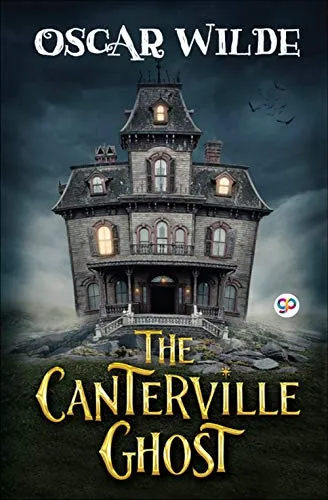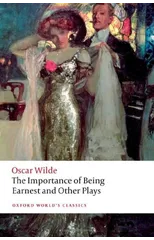The Canterville Ghost' is a humorous tale of an English ghost, set in Canterville Chase, an ancient English house that has all the requisite signs of appearing haunted. An American family of six the Otis family moves into the house despite being warned that the house is haunted. None of the members of the Otis family believe in the presence of the ghost. However, they keep finding the increasing evidence of the ghost's presence. Despite that, the Otises refuse to believe that the house is haunted. From clanking chains to strange apparitions to bloodstains that keep reappearing, they take everything in their stride. They go about their life as usual, not frightened in the least. Only Virginia, the daughter of the Otis family, believes that the ghost exists. The narrator of the story is none other than Sir Simon, the ghost himself. He is characterised by a colorful personality and complex emotions. His regular talks with Virginia about matters of life and death reveal the complexity of his feelings. 'The Canterville Ghost' first appeared in 'The Court and Society Review Magazine' in February 1887. It has been adapted for film, theatre, and music.
Oscar Wilde
Oscar Wilde was an Irish playwright, novelist, and essayist known for his wit, flamboyant style, and sharp social commentary. His most famous works include the play "The Importance of Being Earnest" and the novel "The Picture of Dorian Gray," both of which explore themes of identity, morality, and societal expectations. Wilde's writing is characterized by clever wordplay, satirical humor, and a keen observation of human nature. He was a key figure in the aesthetic and decadent movements of the late 19th century and is considered one of the most important voices in British literature. Wilde's impact on literature can be seen in his subversion of conventional Victorian norms and his pioneering use of irony and paradox.




